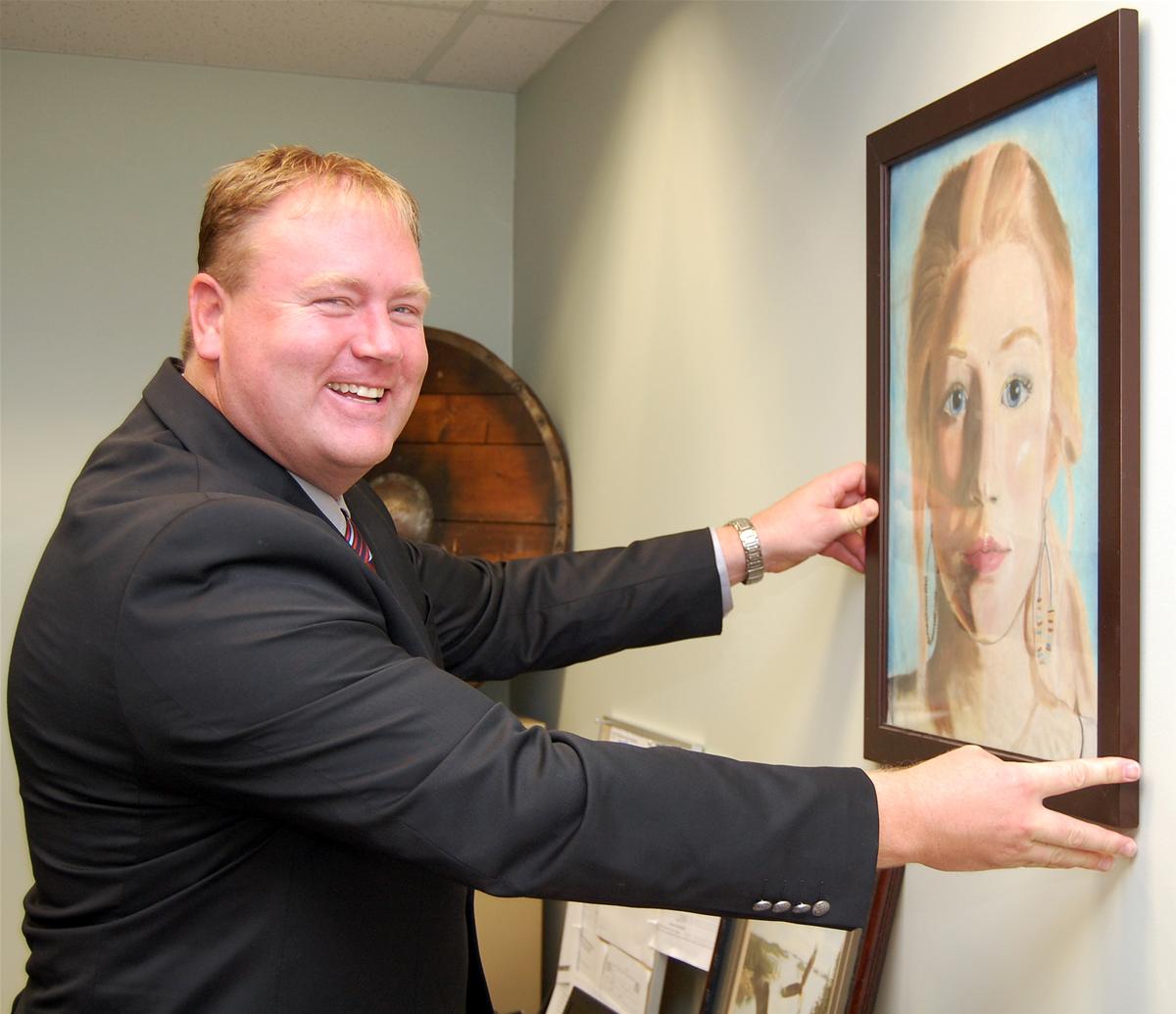Career path brings new Briercrest professor back home

Neil Soggie is moving home to Saskatchewan.
“I was born in Central Butte, but I grew up in Elbow,” Briercrest’s new associate professor of counselling psychology said. “This is home for me.”
Soggie has earned several graduate degrees in ministry and counselling from various locations throughout Canada and the US. He most recently spent a decade teaching psychology at Crandall University in Moncton, N.B.
The psychology professor says the desire to grow in his ability to help others is a primary force that has influenced his education and the course of his career path.
“It wasn’t a deliberate career path, necessarily, but just wanting to care for people and kind of live out my calling to ministry,” he said. “So when I saw an opportunity for growth and where I could improve my own skills, I would look for a place to study in that area.”
Soggie sees his new position at Briercrest as another opportunity for growth.
“I’ve always loved the ministry that happens here,” he said. “Several of my students (from Crandall) have gone through the counselling program and reported back how wonderful it is and how it’s grown and changed. I found it to be a very exciting opportunity.”
Dustin Resch, dean of the seminary, appreciates what Soggie will add to the marriage and family counselling program.
“We are delighted to have Dr. Soggie join us as the lead professor in our marriage and family counselling program,” he said. “In addition to having significant clinical experience in his background, Dr. Soggie has distinguished himself through his research and teaching abilities, having several advanced degrees and 10 years of post-secondary teaching experience. He is well-equipped to integrate top-notch theological reflection with cutting-edge knowledge drawn from the social sciences. Add to that Neil’s pastoral heart and I am certain that students will benefit tremendously from the time they spend with him in their programs.”
There are two skills in particular that Soggie especially enjoys in his work.
“Counselling and teaching,” he said. “I love teaching and I love helping people to discover their narrative and the power of the choices they make. I find a lot of times people don’t realize that they do have some power in their choices, so it’s very exciting for me to help people discover that in their own life.”
Helping others find happiness and meaning is a key interest to Soggie. One of his research topics is logotherapy, a form of existential psychology which focuses upon the belief that the most powerful driving force in human beings is their effort to find meaning in life.
“If you engage in something that is meaningful, happiness can be experienced there,” he said. “For my own example I can use sports,” he said. “You can go and play sports and get all banged up and bruised and sore and have an absolutely wonderful time doing it.”
Soggie says his faith plays a big role in how he finds meaning in his own life.
“It helps it all to make sense,” he explained. “The reason why I like the existential approach is that it forces you to recognize the simple fact that you are going to die and that there is a finality to this life and that your choices are very important and that you need to rule out options. Faith gives you a broader perspective to that so it isn’t an existence of despair. It’s an existence of hope. In that hope – even though you rule out choices – you’re still moving toward something wonderful.”
